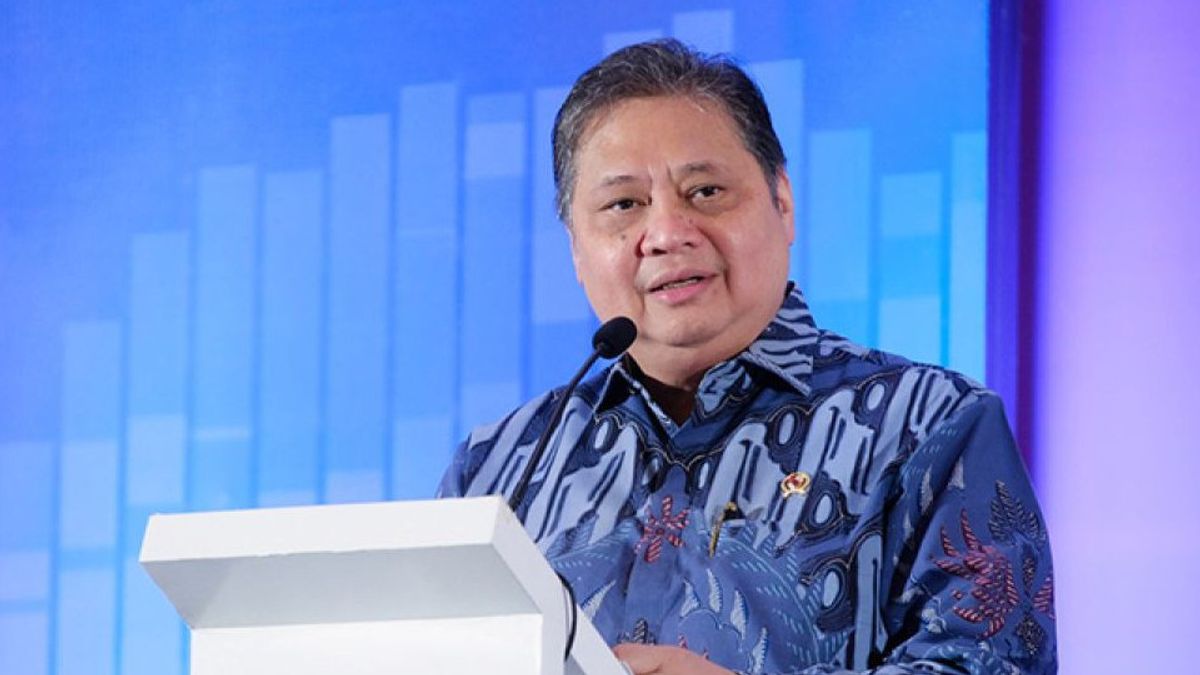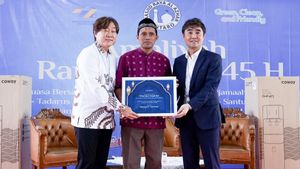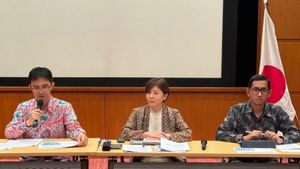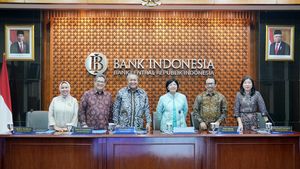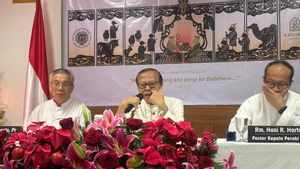Coordinating Minister for Economic Affairs Airlangga Hartarto said the Government has officially postponed the implementation of mandatory halal certification for various MSME products such as food, beverages, traditional medicines, herbs, and medical devices until 2026.
This was conveyed after the government held an Internal Meeting to Accelerate Halal Certification Obligations and Development of RPP Halal Product Guarantee. In the context of following up on the implementation of the Halal Product Guarantee (JPH) policy regulated in Law (UU) Number 11 of 2020 concerning Job Creation with its derivative regulations in Government Regulation (PP) Number 39 of 2021.
"Therefore, the President decided that for MSMEs, food, drinks and others, the implementation was postponed. Not 2024 but 2026. It is the same as traditional medicines, herbs and others. Then cosmetic products are also 2026," he explained in his official statement, quoted Thursday, May 16.
Airlangga conveyed that the postponement of the mandatory halal certification includes MSME products such as food, drinks, traditional medicines, herbs and others, cosmetics, accessories, household goods, various medical devices, and products related to other halals.
In addition, based on PP 39 of 2021, the obligation to halal certification for food, beverage products, and slaughtering services will be completed on October 17, 2024. However, the obligation to carry out halal certification has not yet reached the target where there are still many MSME products that have not been certified.
As of May 15, 2024, the issuance of halal certificates by BPJPH since 2019 for all new types of products has reached 4,418,343 products or 44.18 percent of the BPJPH target of 10,000,000 products. Meanwhile, the total number of existing UMKs is around 28 million business units.
In addition, the implementation of halal certification obligations for food, beverage products, slaughtering products, and slaughtering services after October 17, 2024, will still be applied to medium and large business actors.
SEE ALSO:
Airlangga conveyed that the same policy was also implemented for micro and small business actors until October 17, 2026, and was relaxed for imported products until October 17, 2026 based on the Mutual Recognition Agreement (MRA).
Airlangga said that related to products from various other countries, it would be enforced after the country signed the MRA with Indonesia and currently there are 16 countries that have implemented the MRA.
"So the state that has implemented the MRA is enforced, because the halal is certified in the country of origin so that goods can enter. But for countries that have not signed the MRA, it has not been implemented," Airlangga concluded.
The English, Chinese, Japanese, Arabic, and French versions are automatically generated by the AI. So there may still be inaccuracies in translating, please always see Indonesian as our main language. (system supported by DigitalSiber.id)
